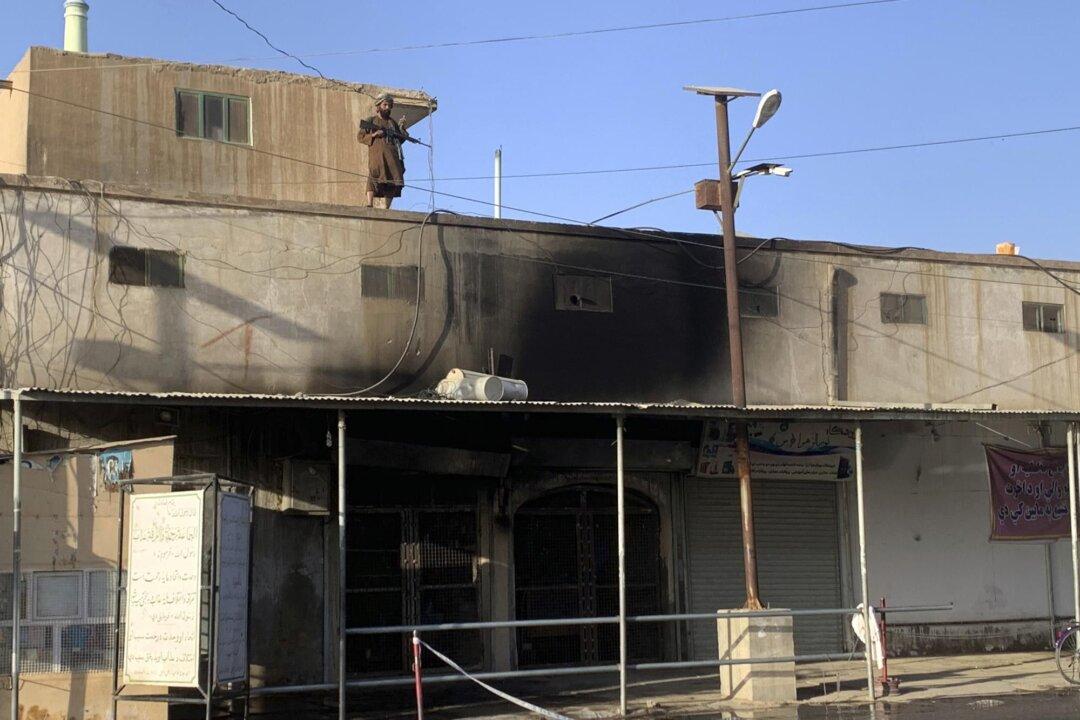An affiliate of the ISIS terrorist group is now present in nearly all 34 provinces in Afghanistan, the U.N. envoy to the country said on Nov. 17.
Addressing the U.N. Security Council, Special Representative of the Secretary-General for Afghanistan Deborah Lyons said ISIS-K, also known as ISKP, has expanded dramatically in the country since its capital city of Kabul was seized by the Taliban terrorist group in August.





